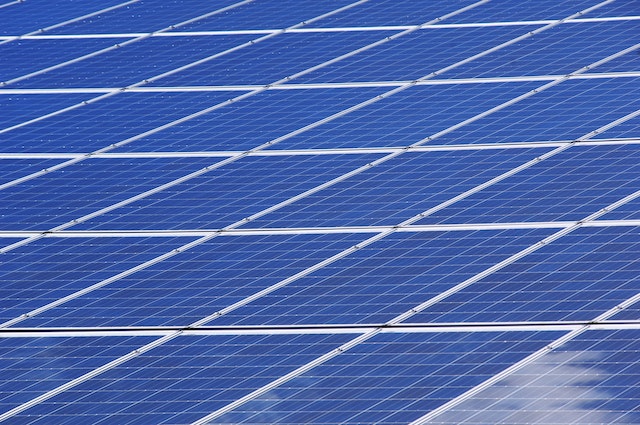In an age where climate change and environmental degradation are becoming increasingly urgent global concerns, the importance of renewable energy sources cannot be overstated. Renewable energy offers a beacon of hope, promising to reduce our dependence on fossil fuels, decrease greenhouse gas emissions, and secure a sustainable future for generations to come. In this blog, we will explore the world of renewable energy, its various forms, and the significant impact it can have on our planet.
Understanding Renewable Energy
Renewable energy is derived from sources that are naturally replenished and do not deplete over time. These sources include sunlight, wind, water, geothermal heat, and biomass. Unlike non-renewable sources like coal, oil, and natural gas, renewable energy is sustainable and environmentally friendly. Let’s delve into some of the most prominent renewable energy sources:
- Solar Energy: Solar power harnesses the energy from the sun using photovoltaic cells. These cells convert sunlight into electricity, which can be used to power homes, businesses, and even entire cities. Solar panels have become increasingly affordable and efficient, making solar energy a practical choice for many.
- Wind Energy: Wind turbines capture the kinetic energy of moving air and convert it into electricity. Wind farms, located in windy regions, generate substantial amounts of power and contribute significantly to the global renewable energy supply.
- Hydropower: Hydropower relies on the gravitational force of flowing or falling water to generate electricity. Dams and hydroelectric power plants are used to convert water’s kinetic energy into electrical energy. This form of renewable energy has been in use for decades and continues to play a vital role in many countries’ energy portfolios.
- Geothermal Energy: Geothermal power harnesses heat from the Earth’s core to produce electricity and provide heating and cooling for buildings. Geothermal energy is highly reliable and operates 24/7, making it a constant source of clean power.
- Biomass Energy: Biomass energy involves using organic materials like wood, crop residues, and waste to produce heat and electricity. Biomass can be converted into biofuels, which can replace fossil fuels in transportation and heating.
Benefits of Renewable Energy
The adoption of renewable energy sources offers a multitude of benefits, both environmental and economic:
- Reduced Carbon Emissions: Renewable energy produces little to no greenhouse gas emissions, reducing our carbon footprint and mitigating climate change.
- Energy Independence: Relying on locally available renewable resources decreases dependence on imported fossil fuels, enhancing energy security.
- Job Creation: The renewable energy sector has the potential to generate millions of jobs globally, fostering economic growth.
- Lower Energy Costs: As technology advances and economies of scale are realized, the cost of renewable energy continues to decrease, making it more affordable for consumers.
- Sustainable Development: Renewable energy aligns with the principles of sustainable development, promoting clean and resilient communities.
Challenges and Solutions
While renewable energy offers numerous advantages, it is not without challenges. One of the primary challenges is the intermittency of some sources, such as wind and solar power. Energy storage solutions, like batteries, are being developed to address this issue and ensure a consistent power supply.
Additionally, the transition from fossil fuels to renewable energy requires significant infrastructure investment and policy support. Governments, businesses, and individuals must collaborate to accelerate this transition through incentives, subsidies, and regulatory measures.
